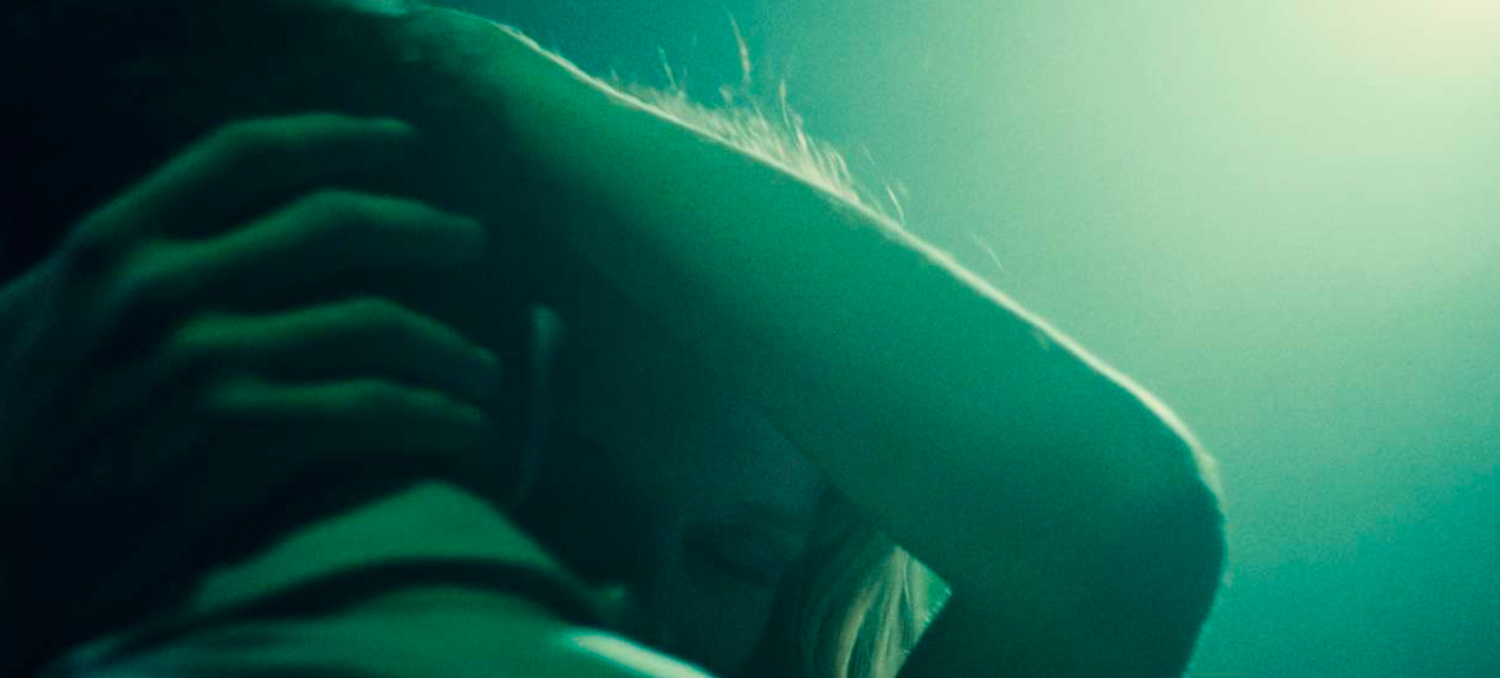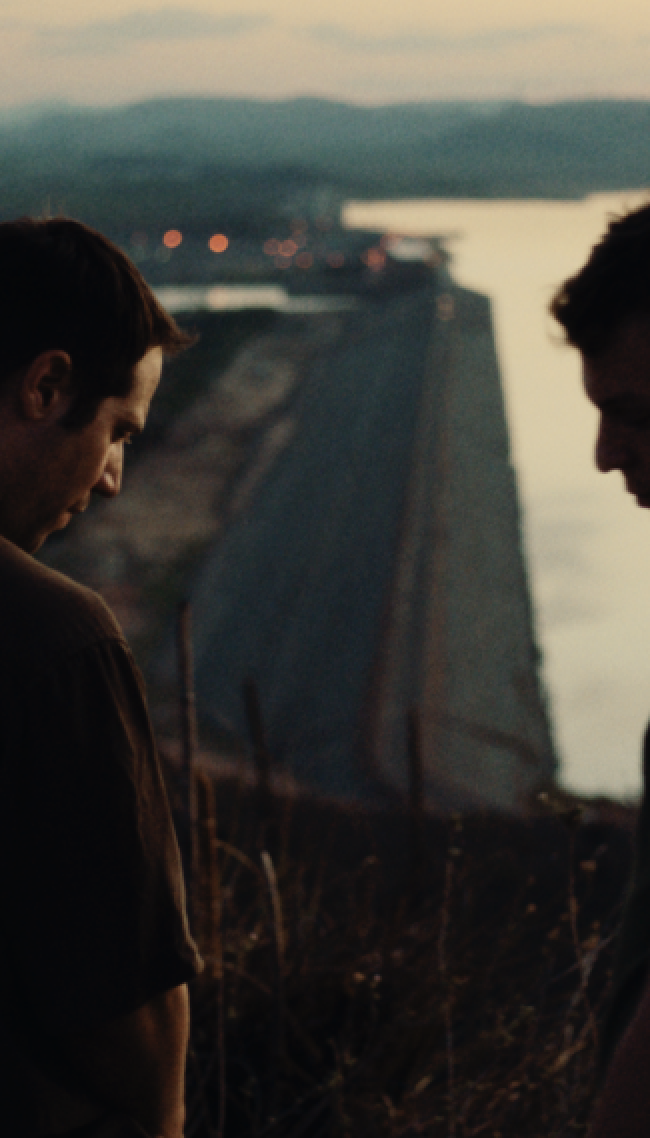PRIVATE DESERT

(Check out Chris Reed’s movie review of Private Desert,, in select theaters now via Kino Lorber. Seen it? Join the conversation with HtN on our Letterboxd Page.)
Complex characters, plagued by doubts and insecurities and nearly consumed by faults and misdeeds, make for great dramatic protagonists. Daniel Moreira, the central figure of Brazilian director Aly Muritiba’s latest feature, Private Desert, is one such tortured soul, and when we first meet him, hardly a sympathetic one. Yet by the end of this fraught exploration of human sexuality and emotional life, he has changed enough to warrant a second look. Are all his sins expunged? No, but the first step on the road to transformation is acknowledging that things can’t go on as they were. As such, Daniel is a model from which we could all learn.
He is not alone, for on his journey he encounters equally three-dimensional folks whose own cinematic arcs prove just as compelling. Foremost among them is the ostensible woman of his dreams, Sara, with whom Daniel has heretofore only interacted online. Their first in-person encounter does not go as planned, sending Daniel into a tailspin that threatens to further undermine his tenuous grasp on something resembling stability.
Daniel (Antonio Saboia, Bacurau) is a policeman on the run. Though the full details are never disclosed, it seems he took things much too far in a training session with a new recruit, beating him into a coma. Suspended from the force, he now awaits trial, and his supervisor wants him to undergo psychiatric monitoring. Meanwhile, at home, he cares for his elderly father, himself a former policeman, who suffers from dementia. Without money, he has had to fire the nurse, and only gets occasional help from his younger sister.
But there is reprieve from his misery through chats with the distant Sara. Except that she has stopped responding. Unable to bear his downward spiral and loneliness any longer, Daniel abandons everything to drive over 2500 kilometers north of his city of Curitiba to surprise Sara with a visit to her own town of Sobradinho, in the state of Bahia. Unfortunately for him, no one up there seems to know her, despite the fliers he posts everywhere with her photo.
Through his searches, he meets Fernando (Thomas Aquino, Curral), who claims to know Sara, and his best friend Robson (Pedro Fasanaro). They are both gay, challenging the homophobia we have seen in Daniel when his sister earlier announced she was in a relationship with a woman. But if, through them, he can find Sara, he will keep his worst impulses in check.
As it turns out, Sara is Robson, the latter hiding their gender fluidity in the daily grind of warehouse work and church visits with grandma. Much of the time, they dress as a man and go by Robson, but occasionally, Sara comes out, which is when they are the happiest. Unfortunately, Sobradinho is no place for such ambiguities, and though their discretion has so far kept them safe, Daniel’s arrival and desperate search could expose the secret.
What ensues follows no preset path and is full of wonderful surprises. Though the deep void at Daniel’s center threatens to swallow its host, the blossoming friendship he finds with Sara/Robson may pull him out of that black hole. Sara/Robson has their own share of problems, which we examine closely, as well, the film shifting perspectives to their side of the story for a while. Perhaps the two sufferers can ease each other’s pain.
The result is a tender union of spirits, earned through genuine connection. Muritiba (Jesus Kid) benefits from great, raw performances from his leads, and from the beautiful, gritty images of his cinematographer, Luis Armando Arteaga (Temblores), but it’s all there in the script, as well. No matter how lost, nobody is denied a chance at redemption. Toxic masculinity is a hell of a drug, but it’s possible to kick the habit.
– Christopher Llewellyn Reed (@ChrisReedFilm)
Kino Lorber; Aly Muritiba; Private Desert movie review











